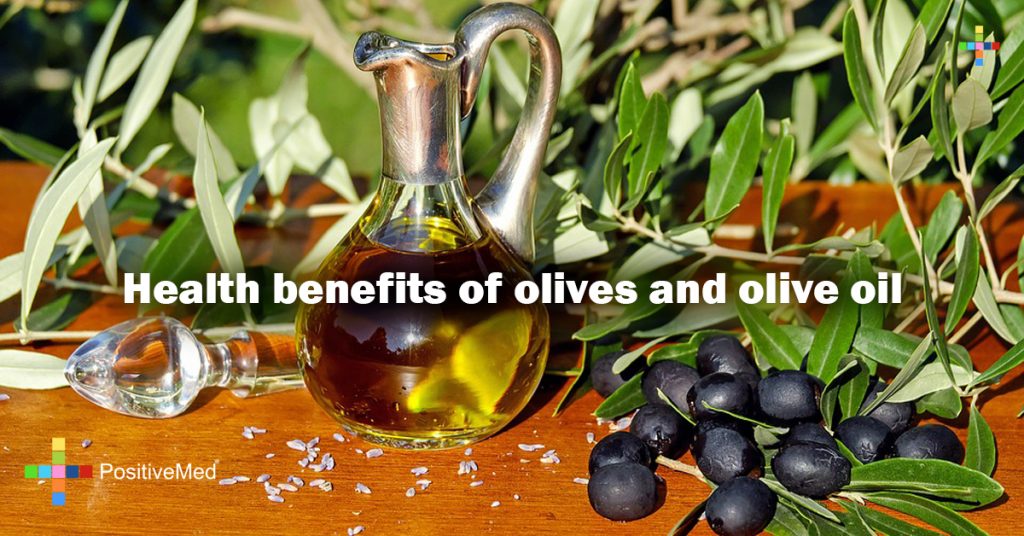
It’s been known for a while that the “Mediterranean Diet” is one of the healthiest diets in the world: it combines very healthy and simple ingredients with a touch of olive oil and a variety of wines.
 Many researches have been shown that traditional Mediterranean diet reduces the risk of heart diseases, such as stroke. Also people who have the Mediterranean diet have lower incidences of different cancers. Interestingly, a recent study on more than 1.5 million healthy adults showed that mediterranean diet significantly reduces the risk of cardiovascular disease, cancer, Parkinson’s and Alzheimer’s disease and some other chronic diseases.
Many researches have been shown that traditional Mediterranean diet reduces the risk of heart diseases, such as stroke. Also people who have the Mediterranean diet have lower incidences of different cancers. Interestingly, a recent study on more than 1.5 million healthy adults showed that mediterranean diet significantly reduces the risk of cardiovascular disease, cancer, Parkinson’s and Alzheimer’s disease and some other chronic diseases.
Studies have suggested that the outstanding health benefits of the Mediterranean diet are due to a high consumption of fibre, fish, fruits and vegetables. More recent studies are emphasizing on the health benefits of olives and olive oil: Olives and olive oil contain very high amounts of antioxidants and have extremely high potential in fighting against different diseases from cardiovascular diseases to cancer. For example, a study shows that the people who regularly use olive oil in their cooking and dressings have 41% less risk of stroke, compared with those who never use olive oils.

Interesting to know, the oldest person ever, Jeanne Calment, was a super-fan of olive oil and the mediterranean diet. She not only used to have considerable amount of olive oil in her diet, but also always used it on her hair and skin. Read her amazing story here
.
Keep in mind that always eat in moderation!
Olives and Antioxidants:
 According to a German study olives and olive oils are abundant in antioxidants. Here is an excerpt from the study: “Recent studies have shown that olives and olive oil contain antioxidants in abundance. Olives (especially those that have not been subjected to the Spanish brining process) contain up to 16 g/kg typified by acteosides, hydroxytyrosol, tyrosol and phenyl propionic acids. Olive oil, especially extra virgin, contains smaller amounts of hydroxytyrosol and tyrosol, but also contains secoiridoids and lignans in abundance. Both olives and olive oil contain substantial amounts of other compounds deemed to be anticancer agents (e.g. squalene and terpenoids) as well as the peroxidation-resistant lipid oleic acid.”
According to a German study olives and olive oils are abundant in antioxidants. Here is an excerpt from the study: “Recent studies have shown that olives and olive oil contain antioxidants in abundance. Olives (especially those that have not been subjected to the Spanish brining process) contain up to 16 g/kg typified by acteosides, hydroxytyrosol, tyrosol and phenyl propionic acids. Olive oil, especially extra virgin, contains smaller amounts of hydroxytyrosol and tyrosol, but also contains secoiridoids and lignans in abundance. Both olives and olive oil contain substantial amounts of other compounds deemed to be anticancer agents (e.g. squalene and terpenoids) as well as the peroxidation-resistant lipid oleic acid.”
Source: Owen RW, Haubner R, Würtele G, Hull E, Spiegelhalder B, Bartsch H. (2004), Olives and olive oil in cancer prevention. Eur J Cancer, 13(4):319-26.







